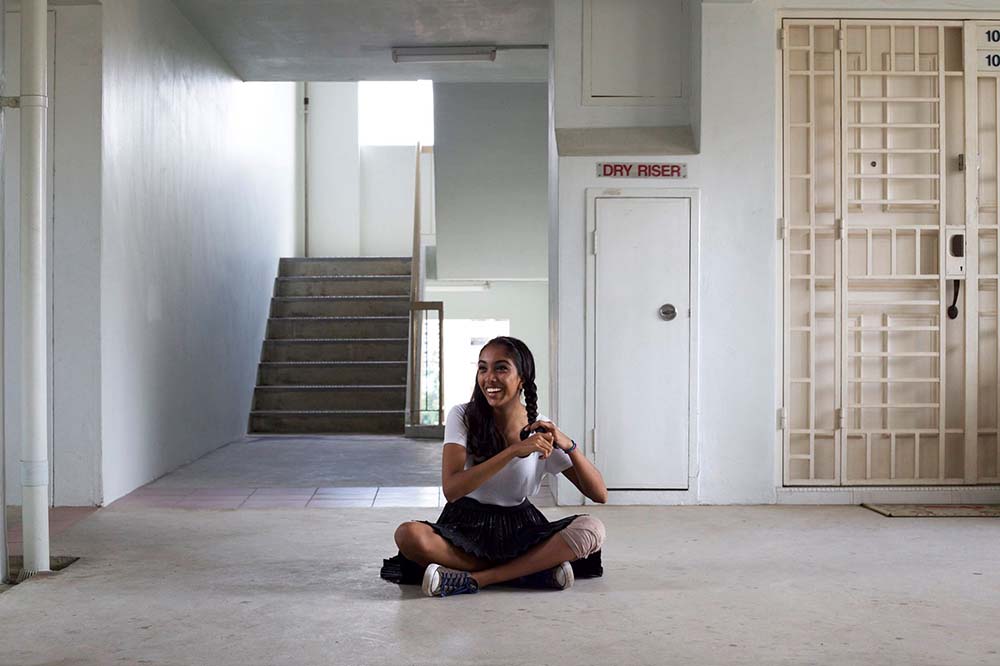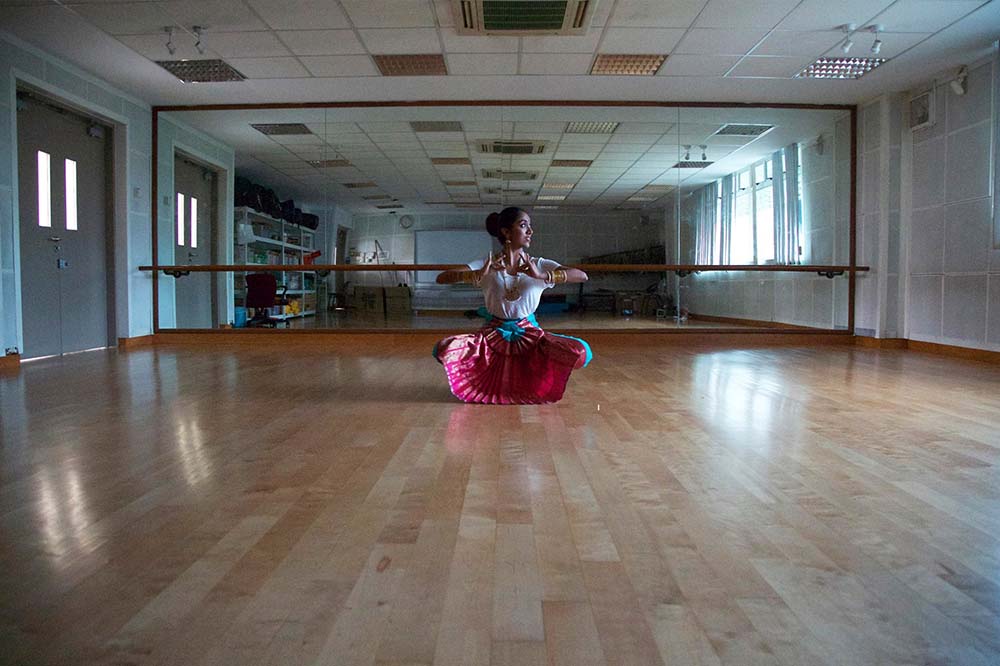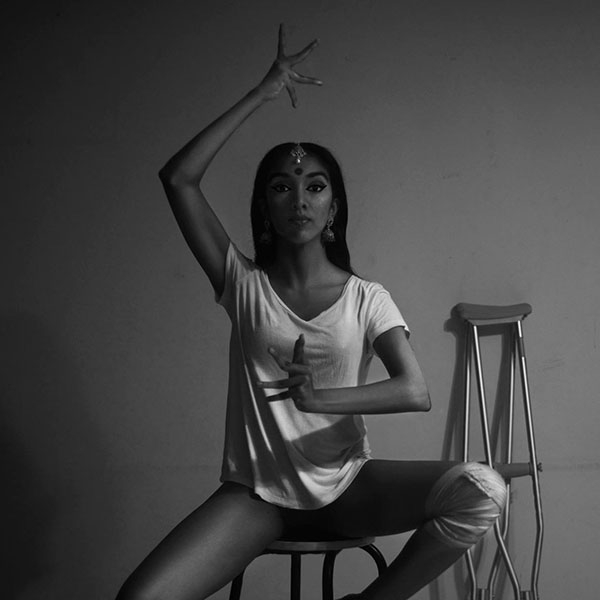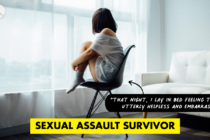Dealing With Sexual Abuse
When Devika was 7, she was sexually abused by a family friend.
What started out as “hugs like [her] parents do” and kisses on her cheeks, led to a year-long ordeal of daily abuse.
“The first time it happened was in broad daylight along a brightly lit stairwell near my house. He wasn’t being violent, I just know it hurt me. But he would be so reassuring, he’d say ‘It’s okay, it’s alright’,” the 24-year-old recalled.
The abuse only stopped when her parents discovered her abuser had asked one of Devika’s sisters inappropriate questions. They took Devika aside and questioned her, where she reluctantly brought the truth to light.
“My parents did not think twice. They immediately filed a police report and took him to court. He was sentenced to 6 years in prison and 14 strokes of the cane.”
But because she was still an 8-year-old child, Devika didn’t fully understand what had happened to her. She didn’t even know what he did was wrong.
It was only in Primary 4 when she understood something bad had happened. Her health education teacher taught her what molest and rape was, and she realised someone had touched her against her will.
“I just remember feeling scared, angry, and helpless. It’s a whole range of emotions that you feel and you just feel like you can’t breathe. And at that moment, I lost my innocence.”
Keeping quiet about the sexual abuse
Realising she had been abused affected how Devika saw herself and her relationships. It became hard for her to trust, open up, and be vulnerable with others.
She would ask herself: Do my parents love me the same? Will anyone ever treat me the same? Will anyone even love me?’
Aside from dealing with the trauma, Devika also had to manage her fear that others would blame her for what had happened.
“After the court case, I remember my parents told me not to tell anyone about the abuse and to forget that it ever happened. I know they came from a place of love and concern, but it did affect why I did not tell anyone for a very long time.”
“In Primary 6, I confided in a female teacher of mine through journaling exercises as part of school work. She didn’t believe me and said I was lying to get attention. She thought I was coming up with an excuse for not doing well in school.”
“I felt I didn’t have a choice but to deal with it myself.”
To cope with her pain, Devika picked up Indian Classical Dance. And with each hour she spent moving across the wood-varnished floor of her primary school’s dance studio, Devika gradually learnt to appreciate her body.
Through dancing, she found joy and purpose and began the long road to recovery.
Choosing to speak about sexual abuse
Still, Devika kept silent. For the next 10 years, she thought to admit she needed help was a form of weakness; she didn’t want to be seen as a broken person, attention-seeker, or crybaby.
She thought most people who knew about the abuse had already moved on from her unfortunate experience; reaching out felt like a “selfish act which dragged them into [her] trauma again.”
But three years ago, Devika applied to an overseas college. When she submitted a picture-essay on the relationship between her body and sexual abuse, she struck a silent bargain—if the entry won her a scholarship, she would share her story with the world.
Fast forward to present day, Devika is keeping her end of the deal.
Sexual Harassment And Abuse In Singapore
Devika hopes those suffering in silence know it’s not their fault and that everything will eventually be okay. She wants to spread awareness on how to address the topic of sexual abuse.
Though Singaporeans have slowly shifted away from victim blaming thanks to the #metoo and #timesup movements, Devika feels there is still a misconception that sexual violence takes place because of the victim’s clothes, mannerisms, location, sobriety, etc.
Today, Devika has largely healed from the unfortunate encounter. Despite everything, she believes life goes on and what happened to her shouldn’t stop her from living her best life.
“It took me a long time before I could allow myself to seek help. It took me an even longer time to accept that it’s okay not to be okay.”
“This is my body right now. This is where I accept that it has survived a great deal of trauma. I will find balance and strength in knowing that my body is mine and that taking care of it has been long overdue. It’s still not too late to start. After all, this is a body that survives.”
When asked what she would do if she saw her abuser again, Devika replied:
“I think we will share a moment of silence. And after taking a good look of where he is now, I will tell him that I have forgiven him and all that he has done to me.”
“He has already been punished by the law and will always live with the conscience of what he had done to a little girl. I forgive him, I think he has suffered enough.”
“Like what one of Rupi Kaur’s poems says: ‘Here you are, living despite it all.’”
Also read:
All images are courtesy of Devika.











